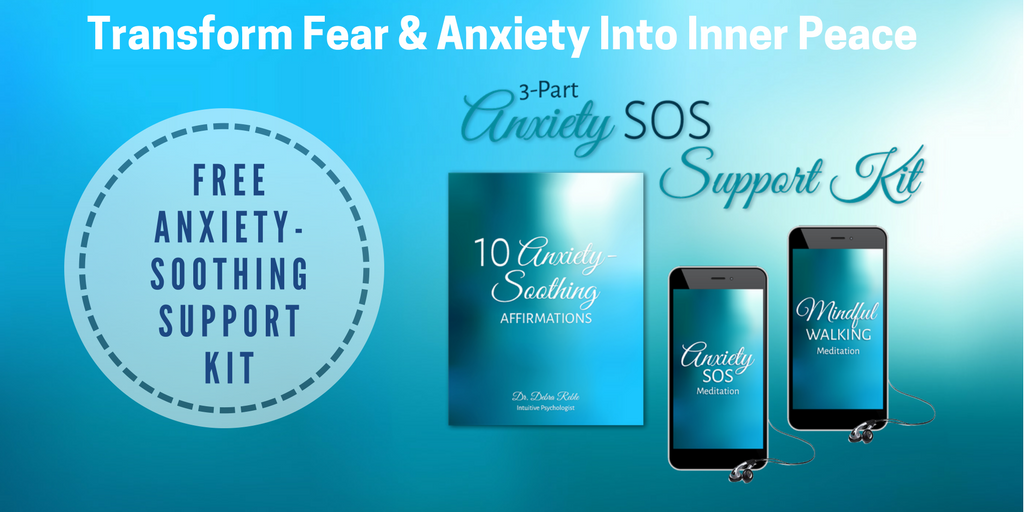 Engaging in open, honest, and compassionate communication promotes a deepening of trust and intimacy with ourselves and in our relationships. Amidst the stress and complexities of life, even the closest of partners, friends or colleagues at times feel misunderstood, disconnected, or not heard. All the more reason, to practice speaking our truth from our hearts.
Engaging in open, honest, and compassionate communication promotes a deepening of trust and intimacy with ourselves and in our relationships. Amidst the stress and complexities of life, even the closest of partners, friends or colleagues at times feel misunderstood, disconnected, or not heard. All the more reason, to practice speaking our truth from our hearts.
1) Be aware of how you and your partner verbal and nonverbal language alert you to any negative patterns. Phrases such as “You always,” “You never,” “You make me feel,” or “You are like your mother” can undermine an open and honest discussion with each other. It’s far more effective to use I-statements, such as “I observed,” “I sensed,” or “I felt,” to alert your partner to a pattern that has surfaced. Using I-statements will help your partner flag patterns in a compassionate way, asking themselves: “Do I make assumptions, presumptions, and generalizations without checking in with my partner?” and “Does my tone of voice or choice of words sound critical, harsh, or self-righteousness?” If you feel your partner is using a critical or self-righteous tone or making a mean-spirited comment, call attention to it and ask them to stop immediately, even if your partner does not share your experience.
2) Trust your own experience and share what you are observing or feeling with your partner so that you can immediately clear whatever patterns or grievances have surfaced. When you or your partner sense a change in mood or behavior, pause and check in with each other. Be aware of any couple triggers, verbal or nonverbal, that touch on a sensitive issue, inciting conflict between the two of you-and choose a code word that alerts you to the fact that such a topic has surfaced. Then use this code word to table a discussion or stop an activity until you can be receptive to each other’s point of view. Use of the code word can help you avoid repeating previous circular debates and inspire new conversation.
3) Use humor as a way of letting your friend, colleague or partner know that you have noticed a pattern has surfaced. Recalling a funny moment on breaks the tension, calls attention to the pattern, and encourages you to take yourself less seriously. When you can laugh at your own imperfections, you know you are releasing them, which boosts the flow of positive energy in the relationship.
Finally, realize that when there has been, or you anticipate, a major change, it is likely to cause a pattern to surface-an event for which you can be prepared. For instance, any information signaling that you are going through a transition or about to realize a dream may trigger a pattern. This is because of the increased vulnerability that is present when we are fulfilling our divine potential. In such situations, acknowledge that you feel a shift and positively channel your energies through your heart to manifest your intention.

